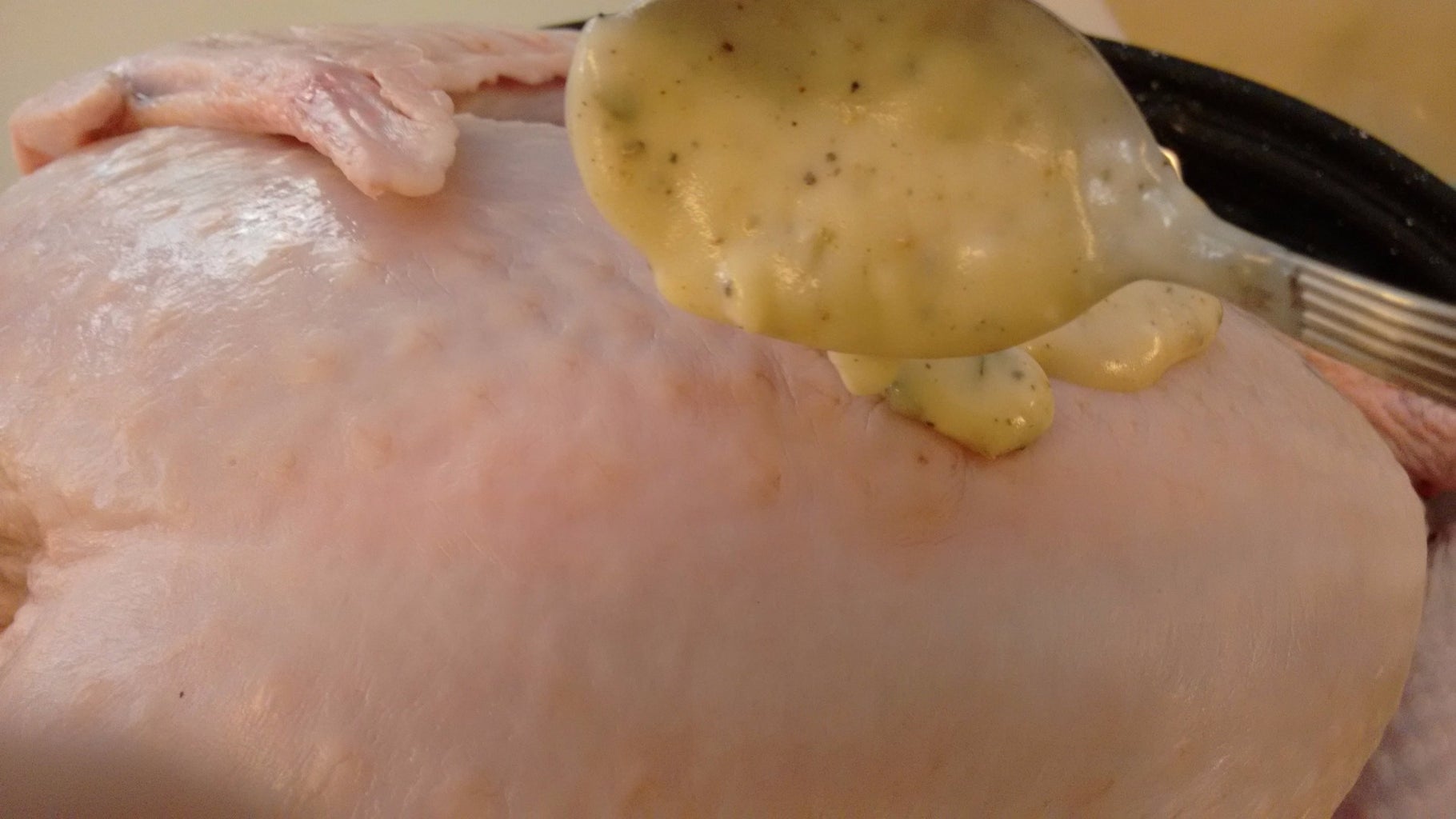Cheesecloth is a lightweight, breathable cotton fabric that has been used for centuries in cooking When wrapped around a turkey before roasting, cheesecloth serves several important purposes
Moisture Retention
One of the main benefits of using cheesecloth on turkey is that it helps retain moisture. Cheesecloth acts as a protective layer between the turkey skin and the dry heat of the oven. As the turkey roasts, juices are able to evaporate through the porous cheesecloth rather than dry out the skin. This results in a turkey that is juicy and tender all the way through.
Even Cooking
Another advantage of cheesecloth is that it promotes even cooking. Often, the breast meat of a turkey can overcook and dry out faster than the legs and thighs. Cheesecloth shields the thinner white breast meat from the direct heat of the oven, preventing it from drying out too quickly. This allows the legs and thighs to cook through without the breast becoming overdone.
Flavor Enhancement
Soaking the cheesecloth in a seasoned liquid like butter, wine, broth, or herbs before wrapping the turkey adds great flavor. As the cheesecloth rests against the skin, those flavorful liquids continuously baste the turkey from the inside out. This infuses the meat with extra taste and aroma.
Browning Assistance
Although cheesecloth prevents the skin from drying out it still allows the maillard reaction to occur. The maillard reaction is the chemical process that causes browning and develops rich roasted flavors. Because cheesecloth is porous and breathable, air can still reach the skin to create that sought-after crispy texture and goldenbrown exterior.
How to Use Cheesecloth on Turkey
Using cheesecloth on your holiday turkey is easy. Here are the basic steps:
-
Place 1/2 cup butter and 1 cup wine or broth into a saucepan and heat until melted. Add any desired herbs or spices.
-
Cut a large piece of cheesecloth into a square roughly double the width of your turkey breast.
-
Dip the cheesecloth into the melted mixture. Lift out and squeeze lightly to absorb any excess liquid.
-
Place turkey breast-side up on a roasting rack. Drape the cheesecloth evenly over the breast.
-
Roast turkey according to recipe directions, removing cheesecloth halfway through estimated cook time.
Other Uses for Cheesecloth
While cheesecloth is a turkey roasting essential, it has many other handy uses around the kitchen as well:
-
Straining stocks and broths: Cheesecloth can be used to strain cloudy liquids for clarification.
-
Making herb-infused oils and vinegars: Place herbs in cheesecloth, gather ends to form a bag, and steep in oil or vinegar to extract flavors.
-
Making nut milk: Put nuts in a cheesecloth bag and squeeze milk out as you would when juicing. Great for non-dairy milks.
-
Canning: Use cheesecloth to cover jar openings when canning to allow steam to escape while keeping out contaminants.
-
Frying: Place cheesecloth over oil when deep frying to prevent splattering.
-
Sprouting: Rinse sprouts and grains inside a cheesecloth bag for easy cleanup.
-
Draining tofu: Wrap tofu in cheesecloth and place weight on top to gently press out excess moisture.
-
Making cheese: Cheesecloth is used in the cheesemaking process for separating curds from whey.
So if you’re looking for the juiciest, most flavorful holiday turkey, be sure to grab some cheesecloth. It offers multiple benefits to create the perfect roasted bird. With its lightweight fabric and open weave, cheesecloth has many clever uses beyond just turkey roasting. Keep some on hand to simplify cooking and straining in your kitchen.

Step 4: Prepare the Turkey

We used to wash our turkey until we started noticing recommendations to the contrary. If youre an old school cook and have always washed your poultry before cooking, you might find this article interesting: A Brief History of Chicken Washing . Were convinced. Theres no need to wash your turkey (or your chickens).
So remove the packaging, fish out the neck and giblets, and either keep for gravy or dispose of properly.
Then put your turkey on a rack in a roasting pan and apply a generous layer of your herb butter all over the turkey, and rub in well.
Step 2: Preheat Oven to 375

Just like it says – Youll be reducing the heat in Step 9, but start at 375. Youll be roasting your turkey for about 15-20 min. per pound, for reference.
Juicy Roast Turkey Using Butter Cheesecloth
FAQ
When to use cheesecloth on turkey?
What can I use instead of cheesecloth for turkey?
What does cheesecloth do for meat?
Should you use cheesecloth when smoking a turkey?
What is a cheesecloth Turkey?
This cheesecloth turkey is the best way to get a tender turkey with crispy, golden skin. The cheesecloth continuously bastes the bird with the butter herb mixture while it roasts!
What is cheesecloth used for?
Cheesecloth is a kind of cloth that is often used in the kitchen, mostly to make cheese! It is thin with very small holes that allow some moisture to escape, almost like a gauze. In this cheesecloth herb butter turkey recipe, the cheesecloth will help the turkey to retain moisture and not get too dark before it is ready! Turkey: One whole turkey!
How do you cover a Turkey with cheesecloth?
Melt Butter & Apply Cheesecloth: Melt the other 2 sticks of butter and cut a piece of cheese cloth large enough to cover the turkey. I recommend folding the cheesecloth so it has 3-4 layers of fabric that will cover the bird entirely. Carefully dip the folded cloth into the melted butter so it is fully soaked and covered.
Why do you need a cheesecloth to cook a Turkey?
The cheesecloth will help prevent any issues with it drying out, and a simple trussing of the turkey can ensure that it will cook evenly throughout. And remember, baste, baste, baste! These simple steps will result in a wonderful holiday turkey feast every single time! What Is Cheesecloth?
